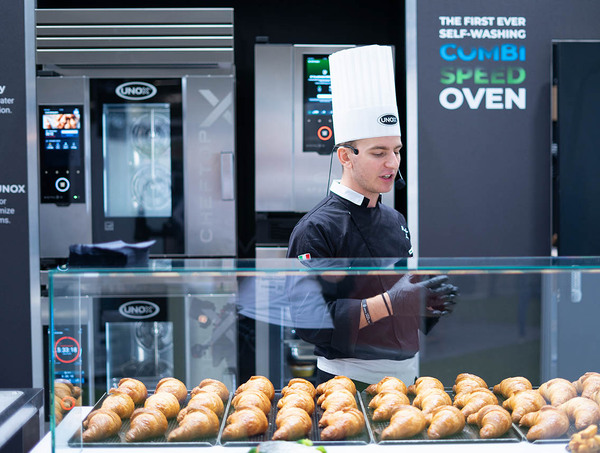Viewpoint: tech translates to good staff wellbeing and engagement
Technology translates to good staff wellbeing and engagement, particularly when it comes to engaging casual workers, says Syft CEO Jack Beaman
The UK’s business sector is facing an engagement crisis. A 2016 Gallup poll found that only 8% of employees felt engaged at work, a drop of 9% from 2012. Staff disengagement has been linked to lost productivity, bad customer service and high staff turnover, factors that are acutely felt in an industry like hospitality, which has long struggled with staff recruitment and retention, exacerbated by the effects of Brexit.
As much as disengagement is tied to high turnover, so engagement and wellbeing are linked to strong staff retention, the holy grail for hospitality businesses. However, as the sector is perceived as having low wages, long hours and an exploitative culture, employers have sought to emphasise positive aspects, including career progression opportunities, flexible hours and sociable workplaces. Another vital resource to improve staff engagement and wellbeing is the adoption of technology.
For example, over the last few years, in-work perk apps have become widely adopted, so staff members are able to claim exclusive offers, plus are incentivised to go the extra mile by the ability to earn access to new tiers of deals. Here at Syft, we have found that perks and care for our Syfters do translate to engagement from our staff to engage with the platform and perform well on every shift, and benefit from hard work.
However, despite some technological innovation, too many businesses still employ outdated, inefficient practices that hamper staff engagement and wellbeing. Millennials, which by next year will comprise over half the UK workforce, don’t want to read through emailed spreadsheet rotas and be incessantly called or texted about shifts. These practices can be irritating or inconvenient enough for full-time and part-time staff, but even more detrimental for casual workers: staff members that pick up shifts here and there, called on at the last minute or ahead of time.
Engaging casual workers in the most productive way possible, and making them feel like a valued part of a business, poses several challenges. Firstly, they can feel that they have little control over shift scheduling, being called on to accept or decline work as a business demands. Secondly, if a business has several branches, workers may be strictly assigned to one workplace, which limits their choice and participation in the company. A knock-on effect for employers is that venues risk being regularly understaffed or overstaffed, leading to disgruntled employees in both cases. Thirdly, the aforementioned outdated processes can be difficult to keep up with and act efficiently.
Fortunately, technology is able to solve these issues, improving relations between employers and every section of the workforce, from staffing managers to casual workers. For example, a modern workforce management platform can make booking shifts quick and hassle-free. Through scheduling capabilities, workers are able to get a comprehensive view of the available shifts and receive shift notifications, enabling a seamless connection between businesses and workers.
Instead of being stuck to one venue, staffing managers can empower their workers with the flexibility to pick up shifts at different sites, offering more control and choice. Additionally, employers can better understand where and when understaffing and overstaffing occurs and then reassign staff, creating consistency.
It’s clear that the hospitality sector faces many challenges over the near and long-term, and the solution to ensure staff engagement and wellbeing will most likely be multi-pronged. However, technological solutions are cost-effective, straightforward to set up and easy to use by any member of a company. Your casual workers can go from being uninformed and unable to work as their schedule demands to clued up and effectively contributing, which can only benefit staff morale and customer service. Technology should be a core element to your staffing strategy.
Jack Beaman is CEO at Syft App





















